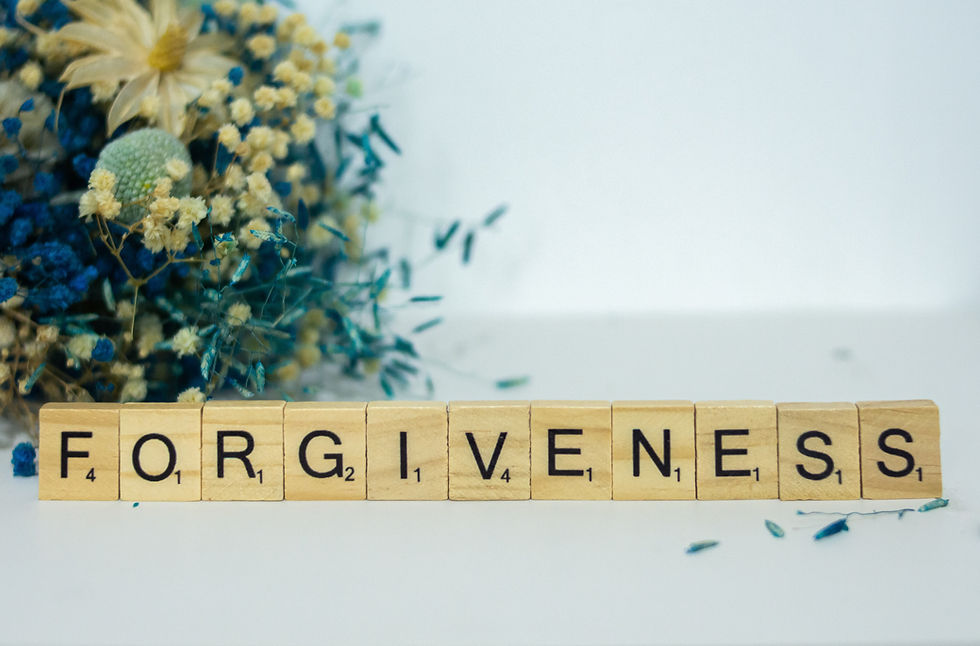What are the stages in the Recovery Process?
- Alexxis Rose
- Jun 26, 2023
- 4 min read
Updated: Jun 27, 2023
When understanding the stages of recovery, you must understand what recovery means, and there are many definitions:
SAMHSA (Substance Abuse and Mental Health Service Administration) defines recovery as a process of change through which individuals improve their health and wellness, live self-directed life, and strive to reach their full potential.
The President's New Freedom Commission Report on Mental Health says recovery refers to how people can live, work, learn, and fully participate in their communities.
PRA (Psychiatric Rehabilitation Association) say recovery involves learning skills, developing the supports, and accessing the resources to increase one's capacity to be successful and satisfied in living, working, learning, and social environments of one's choice.
Appalachian Consulting Group defines recovery as gaining control over one's life and the direction one wants that life to go.
The common elements of these definitions, like the quality of life, making changes, and learning new skills, are essential to notice when developing your definition of recovery. It's important to have your definition of recovery because it's about improving the quality of your life.

Now that you have developed your definition, you must understand that recovery happens in 5 stages.
Stage 1 Impact of Illness
"The shattering of one's world, hopes, and dreams."
In this stage, you feel overwhelmed by your illness's disabling power. The impact of the disease is the dominant experience in your life, and you are having difficulties functioning. The danger in this stage is that you will redefine your identity in mental illness terminology that will automatically limit your future. What is needed in this stage is a decrease in emotional distress by reducing the symptoms and communicating that there is life after diagnosis. I recommend you find professional support that understands how the diagnosis can limit your life and provide support through this rough time.
Stage 2 Life is Limited
"We both gave up. Giving up was a solution."
In this stage, there are times when you have given in to the disabling power of the illness. You don't like your life but believe this is the best you will ever be. You are not ready or able to commit to change. The danger in this stage is that you will have identified strongly with the negative stigma of the illness that you can't see any possibilities. What is needed is an installation of hope, a sense of opportunity, and the rebuilding of a positive self-image. I recommend finding someone you trust or a peer support specialist to help review and evaluate options. Sometimes we can't trust our brains to help, so seeking help may be needed.
Stage 3 Change is Possible
"The fragile flame of hope and courage."
In this stage, there are times when you are questioning the disabling power of the illness. You believe there may be more to life than you are currently experiencing and are beginning to feel her life can be different. The danger in this stage is that you will be afraid to take the necessary risks or be discouraged from doing so and remain in the "Life is Limited" stage. In this stage, you may need help to see that the illness does not limit you, and to move on; you will need to take some risks.
Stage 4 Commitment to Change
"I began in little ways with small triumphs and simple acts of courage."
In this stage, there are times when you are challenging the disabling power of the illness. You believe there are some possibilities, but you are unsure what they are. You are willing to explore what it will take to make some changes. The danger in this stage is that you will not get the skills, resources, and support needed to do what you want and will become frustrated and give up. What is required for this stage is help to make the initials steps. I recommend finding your strengths and needs regarding skills, resources, and support.
Stage 5 Actions For Change
"We rebuilt our lives on three cornerstones of recovery- hope, willingness, and responsible action."
In this stage, there are times when you are moving beyond the disabling power of the illness. You know the direction you want to go but are unsure you can do it. Yet you are willing to begin to take more responsibility for your life. The danger in this stage is that you start to doubt your ability to function independently and take responsibility for your actions. In this stage, you need a toolbox of necessary skills, resources, and support to trust your decision-making abilities and take more responsibility for your life.

You can do many things to help yourself stay well, but the problem is that you can't figure out how to do them regularly. That is entirely normal; we all have experienced trauma and struggled to get out of the pain of it. I hope this read gave you a better understand of why the recovery process takes time. Recovery is an individualized experience that you develop for yourself. With the help of a peer support specialist, you can create a recovery plan that best fits your lifestyle.
Please comment, like, and share this blog if you find this information beneficial.






Comments